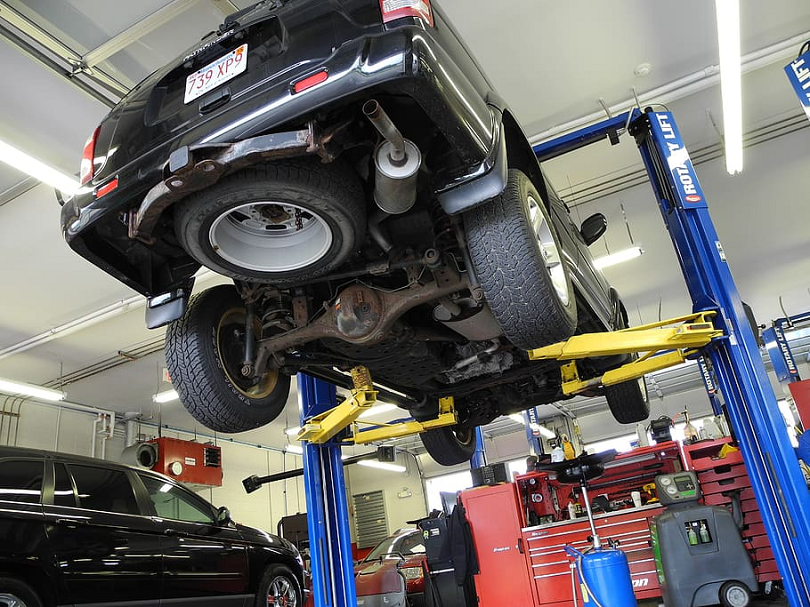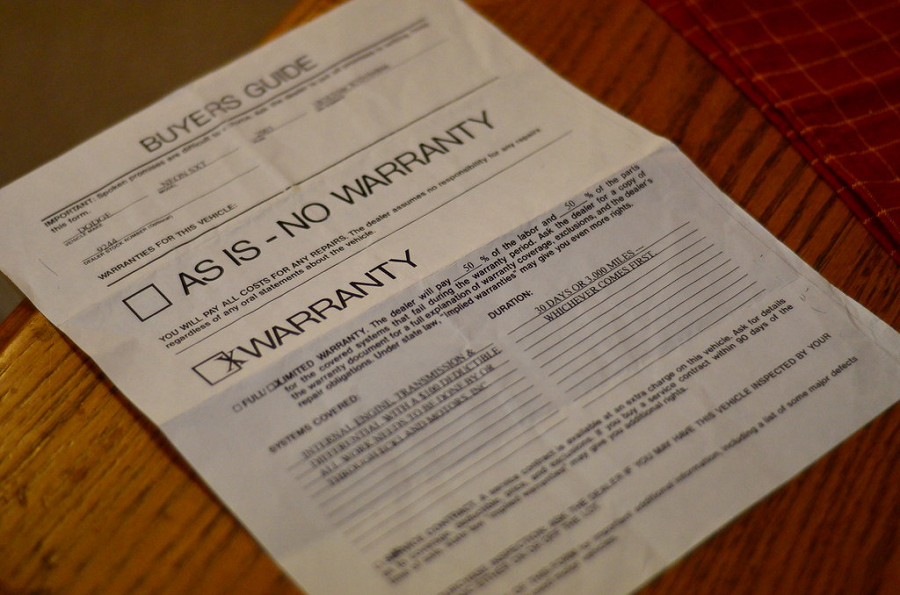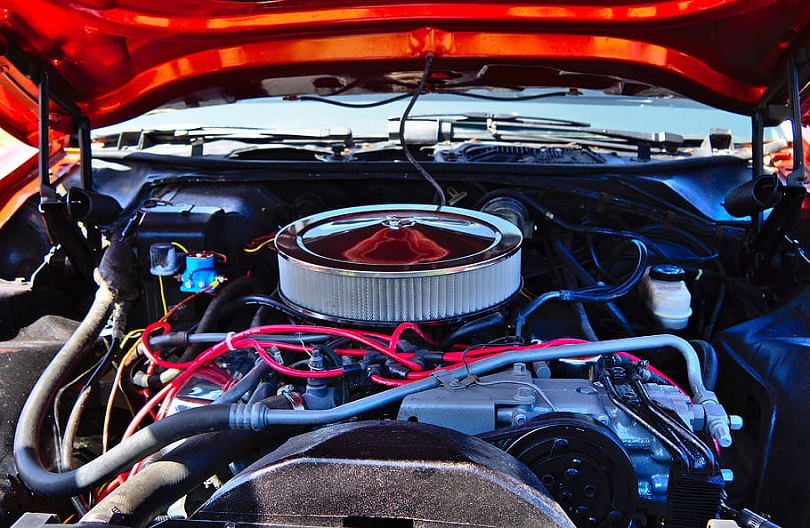What is PMS in Car?
By Andrea Nicole
Posted on Apr 18, 2022

Source: PxFuel
Whenever we buy gadgets or anything mechanical, our main goal is for it to last for a long time. This is primarily for the reason that their usual price should compensate for the investment that we have done. Just like any of our digital assets, our car should also display stability and durability. To be able to achieve this, we must also do our part in sustaining its performance through the Preventive Maintenance Schedule (PMS).
What is PMS?

Source: Flickr
The Preventive Maintenance Schedule is spelled out in a manual or warranty booklet that comes after the car purchase. This is a detailed guide for new car owners on when the cars need to be checked up or when some of the parts need to be replenished or changed so it prevents any malfunctions or damages. Even if there are no repairs needed, PMS allows your car to stay in shape.
The suggested schedule in the booklet comes from years of studies. Coming from a long experience in the car industry, they have already familiarized themselves with each component’s wear and tear schedule. This is something that they have put into writing and have religiously followed by always being in touch with their customers.
What is your PMS schedule?
Although the PMS schedule is dependent on the model of your car, there are timings that are commonly followed by the majority of car brands. Listed below is a quick guide on what you should put on your calendar:
- One-thousand-kilometer check-up: Since it’s the first time your car has been driven on the road, this stage entails changing the oil and filter. Given that the metals have just started functioning, there is a high tendency that some metals have been released.
- Five-thousand-kilometer check-up: Same with above, this will be the second time to replace and change the oil and filters. More detailed checking of the components is also done here.
- Ten-thousand-kilometer check-up: This check-up covers the replacement of major parts of the vehicle.
What to Expect on Your PMS?

Source: Piqsels
Now that you know the concept of PMS, it is now time to know the details of it. You should understand what is being done to your car to ensure that everything’s within the suggested process of PMS.
Air Filter
The engine’s air filter’s primary responsibility is to regulate the airflow inside your engine. This also contributes to keeping out the particulate and debris that may be detrimental to the performance of the engine. PMS allows you to keep your air filter in check to retain the proper flow of the air, decrease emissions, and manage your engine’s life.
Oil
Oil is an important aspect of your vehicle. It runs through the car’s different mechanical parts and spearheads its smooth and efficient operation. During the course of using the vehicle, there will always be debris from the air and metals that fall into it. Therefore, PMS is a vital process to ensure that the oil is drained and, at the same time, replaced, to avoid any clog in the engine.
Options for your oil will depend on the kind of engine and car that you use. These are namely semi-synthetic, fully synthetic, and mineral, with the mineral being the least expensive oil and fully synthetic as the most expensive oi.
Oil Filter
The primary use of the oil filter is that it removes contaminants from the oil of your vehicle’s engines. There is a tendency for this to accumulate over time and through the help of the PMS, the attendants will change the said oil filter if deemed necessary. This way, it prevents the oil from being dirty again.
Coolant Level
It’s always a good idea to keep your parts under the hood in check, especially if you undergo long trips. Checking the coolant levels may be done while the engine is cool. It is essential to ensure high levels of coolant so there won’t be any problems whenever you drive your vehicle.
Belts
As a responsible driver, it is vital that your car displays the right temperature at all times. There are instances where you experience cracks appearing due to the wrong movements of the belts. To avoid any kind of breakage, your PMS session should enable you to regularly replace your timing belts.
Shocks and Struts
Unlike the other parts of your vehicle, checking the shocks and struts may come in every 50,000 miles or whenever you experience any loss of control when driving. Their functions are vital for they control the impact of your vehicle as they pass over road bumps.
Things to Remember When Doing PMS
Undergoing preventive maintenance is not an easy task. There are various things that you have to consider as you go along the process. Here are some of the things to remember when doing your PMS every time:
- If you’re worried about money, don’t make the mistake of coming to a cheaper mechanic. Your PMS should be spearheaded by your authorized dealer. The reason behind this is that if you let another shop work on your vehicle, it’s automatic that your warranty will become null and void.
- Be consistent with your PMS and always follow the recommended schedule on your booklet.
- Study and understand the processes that go with your PMS. Know what needs to be done and what the unnecessaries are.
A Preventive Maintenance Schedule is one of the most important rituals that you have to religiously undergo when having a car. Yes, it’s normal for your car to break. However, this exercise will lower the chances of facing those kinds of unexpected situations. More importantly, it will also prolong the life of your vehicle.
By combining routine maintenance with comprehensive car insurance coverage from Vigattin Insurance, you're not just prolonging the life of your car, but also ensuring that you're prepared for whatever the challenges the road may bring. Remember, a well-maintained vehicle with the right insurance protection is powerful protection for peace of mind on your journeys.

